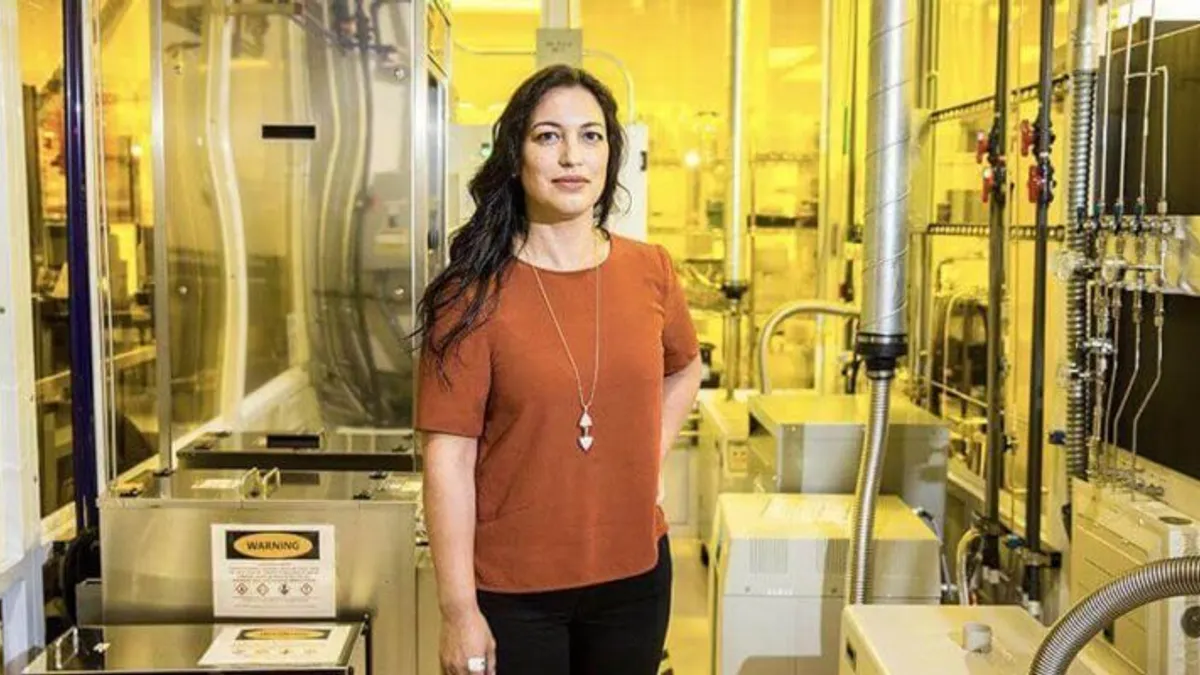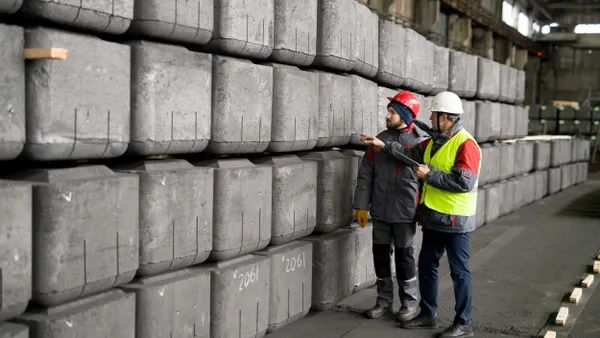Dive Brief:
- Rogue Valley Microdevices received $6.7 million in funding under the CHIPS and Science Act on Monday, according to a National Institute of Standards & Technology announcement.
- The investment will nearly triple the company’s manufacturing capacity and support construction of its pure-play microelectromechanical systems and sensor foundry facility in Palm Bay, Florida. The facility is expected to be complete by mid-2025 and create 75 jobs.
- The funding marks the first CHIPS investment in a women- and minority-owned business, according to the release.
Dive Insight:
The CHIPS funding will aid the renovation of the Palm Bay facility’s clean room and equipment installation. The first wafers produced at the facility are expected to ship in early 2025.
Microelectromechanical systems are microscale devices that integrate electrical and mechanical components, which when used with semiconductor components, enable technology advancements and improve performance, according to the release.
Oregon-based Rogue Valley Microdevices is one of the only U.S. pure play MEMS foundries that specializes in the high-mix, low-volume wafer and MEMS foundry services that are important to the defense industrial base and biomedical industry.
The Palm Bay facility, initially announced last June, is the company’s second microfabrication facility. The original facility is in Medford, Oregon. The state is home to other chip giants as well — including Intel’s fabrication plant in Hillsboro, which also received CHIPS funding.
“We’ve helped some amazing innovators transition from lab to fab, even supporting those with needs too complex or specialized for other foundries to take on. As we continue to build efficiencies and add capabilities in Medford, our expansion to Palm Bay will alleviate capacity constraints,” Jessica Gomez, founder and CEO of Rogue Valley Microdevices, said in a statement.
As for its workforce, Rogue Valley Microdevices intends to host onsite child care and partner with a local child care provider to deliver STEM-based early childhood education as well as afterschool academic support, according to the release.
The chipmaker also received state and federal support for the construction of its facility, including $5 million from a Florida Department of Commerce loan and $3.2 million from other state and incentives and additional grants.
The company has indicated that it plans to claim the federal government’s investment tax credit, expected to absorb up to 25% of qualified capital expenditures, according to NIST.
Home to the third highest number of semiconductor facilities, Florida invested $50 million in its semiconductor industry last September to continue production growth.













